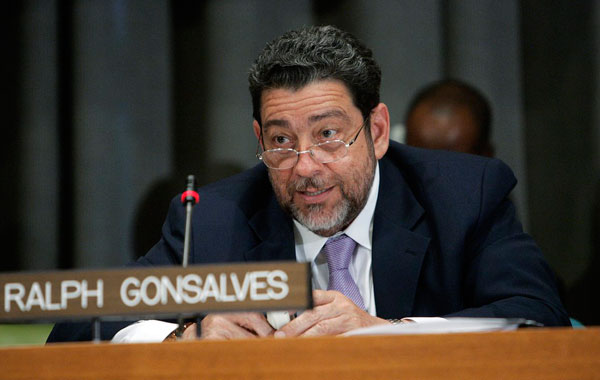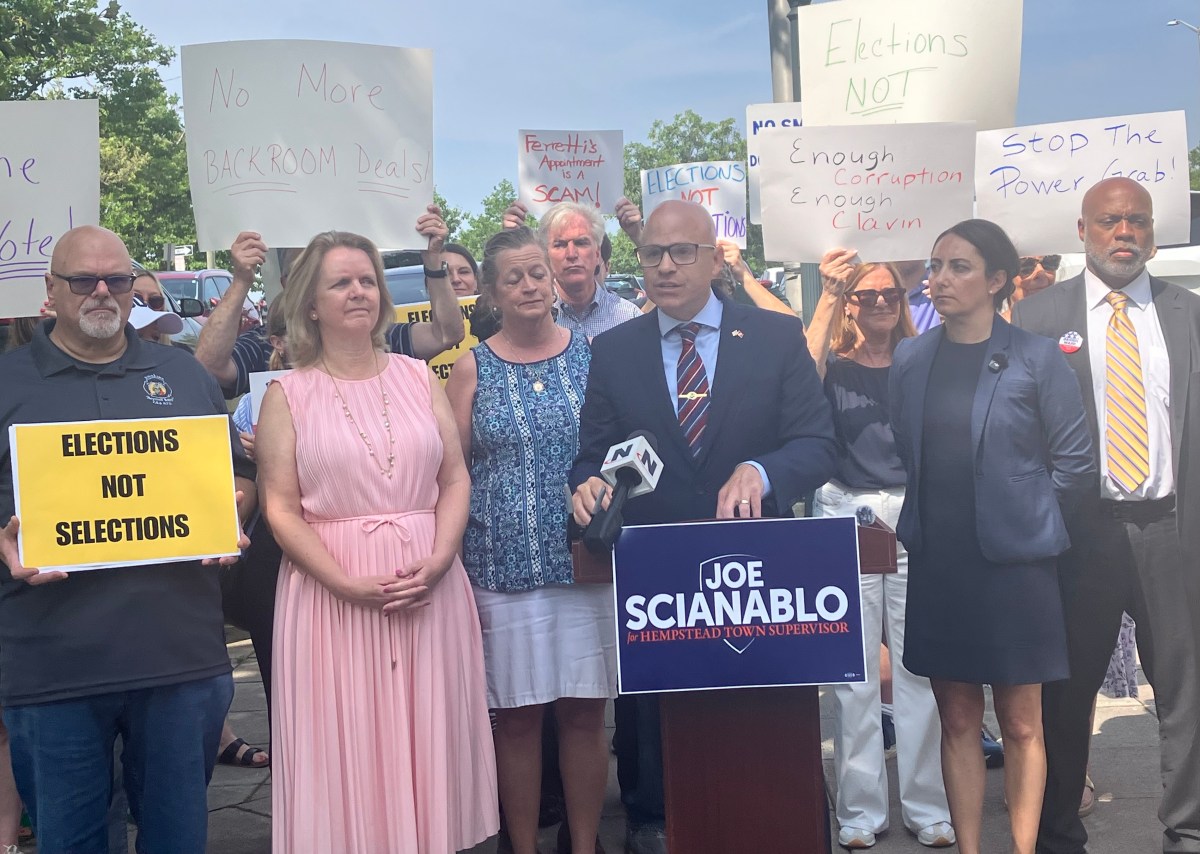Lawmakers in the Cayman Islands House of Assembly on Dec. 18 ousted embattled Premier McKeeva Bush from office in a no-confidence vote.
The legislators voted 11-3 in favor of a “no confidence” motion against the ruling government. Bush abstained from voting on the motion.
For the first time since the so-called 2001 government “coup d’état,” lawmakers have effectively removed the head of the current administration.
Bush, 57, the longest-serving member of the Cayman Islands Legislature, became premier in 2009, after previous terms in office as leader of government business.
He has denied any wrongdoing and strenuously resisted calls to resign following his recent arrest.
But, after several days of silence on the matter, support within his own United Democratic Party (UDP) soon began to wane.
Five UDP members of parliament joined the opposition in calling for the no-confidence vote, which needed two-thirds support in the 15-member Legislative Assembly to force Bush from office.
Opposition leader Alden McLaughlin said he was bringing the no confidence motion “with a heavy heart.”
“I am deeply saddened that we have come to this point,” he said. “I cannot say how disappointed I am that the premier has brought us to this point.
“The reality that faced with all of this, the premier will still cling to the Office of Premier,” he added.
“What has happened over the past week is certainly a breakdown that could have been avoided,” said Health Minister Mark Scotland in his contribution to the debate.
Bush was arrested on Dec. 11 and detained in police custody in connection with a number of ongoing police investigations.
The Royal Cayman Islands Police Service (RCIPS) said Bush was arrested on suspicion of theft in connection with the alleged misuse of a government credit card and breach of trust, abuse of office and conflict of interest, contrary to the Anti-Corruption Law 2008, in connection with the alleged importation of explosive substances without valid permits.
After being questioned for two days, Bush was placed on police bail until February 2013 to allow further investigations to take place in the Cayman Islands and elsewhere in connection with the allegations made against him, the police said.
The RCIPS also confirmed that a considerable amount of property, including computer equipment, was seized during searches of Bush’s home.
Bush had made it clear following his arrest he had no intention of resigning.
“I have done nothing wrong, and I shall not be resigning as premier. I also wish to assure one and all that the government continues to operate as normal,” he said in a statement on Dec. 13.
Later that day, he accused Cayman Islands Governor Duncan Taylor of being his “enemy” and implied that his arrest was orchestrated by the British governor.
The governor’s office denied Bush’s accusations, saying there was no truth to Bush’s allegation of political vindictiveness.

























